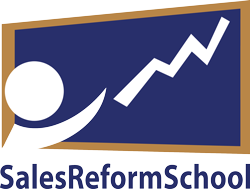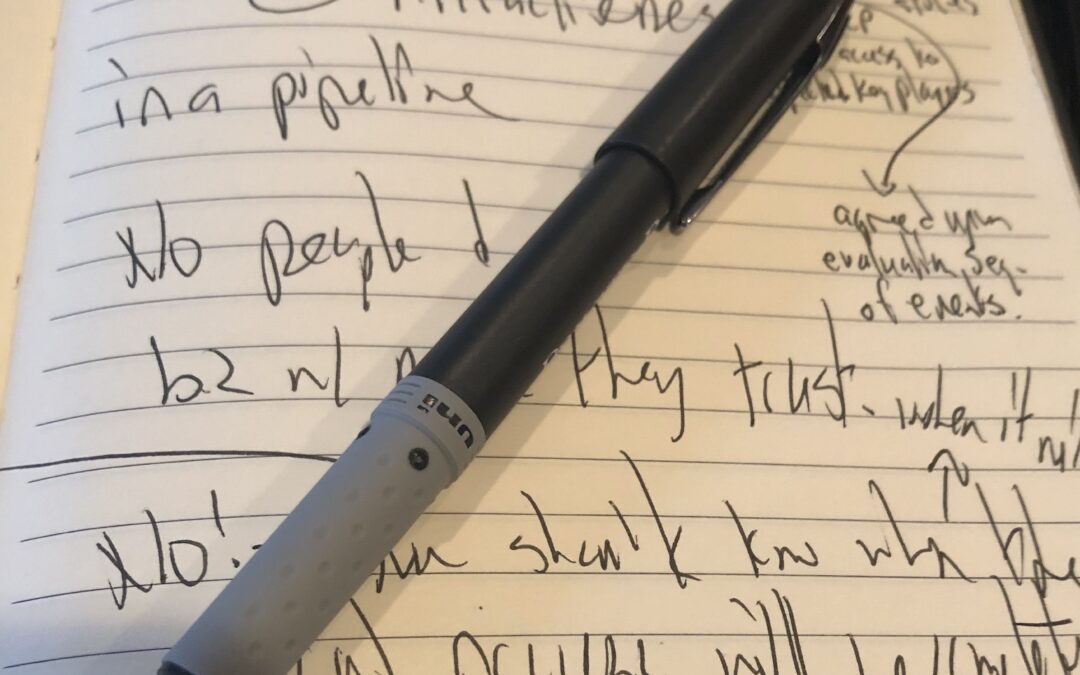Last month, I attended a networking meeting that featured a guest speaker who focuses on sales. I guess because “sales” is my thing, several in the audience encouraged me to write up my notes. Sticking to the subject matter only, I have a few important points I want to give you.
On Forecasting
Someone asked for a definition of “Likelihood” and “Attractiveness” for forecasting purposes. The speaker decided not to give one merely stating that everyone needs to come up with their own.
Here’s my answer.
Likelihood – Yes, depending on your offerings and your market you need to qualify buyers and opportunity your way, but there are tried and true rules of thumb. My Georgia Tech daughter taught me these are called heuristics.
One great buyer qualifying heuristic you can use is B-A-N-T (or re-arrange if you’d like).
B – Budget
A – Authority
N – Need
T – Timing
For qualifying the opportunity, ask yourself if the prospect has agreed to the value, usage, and implementation stories you’ve attempted to develop in their minds. If any single one of these is lacking, you are in danger of losing to a named competitor or “No-Decision, Inc.”
Attractiveness – You’ll rate whether the opportunity is attractive to you by
1) how squarely does the prospect land in your ideal client profile, and
2) whether you are getting access to key players – those involved in selecting, funding, and implementing your stuff.
The speaker was right about one thing. If the prospect is an asshole, think hard about whether the opportunity is attractive.
Whom do buyers buy from?
The speaker also made a point that buyers buy from people with whom they have relationships. Maybe that worked in Willy Loman’s day, but not these days. My experience and the experience of my clients over the last 15+ years is that people buy from people they trust.
What is “Trust”?
Stephen Covey has the best definition: Trust = Sincerity + Competence
Except for emergencies, buyers only buy from those they trust.
When to Close/When Should you Forecast Closing?
Lastly, the speaker made a point that she never knows when something should close so she works to fill up her pipeline. My notes may be wrong here, but that’s the gist of what I believe I heard and yes, I have an issue with that way of thinking.
Opportunities close when the buyer has completed his or her evaluation process. As soon as a prospect starts asking “evaluative” questions or making requests, the seller should ask evaluation completion date or timing questions. This will lead to a shared understanding of when the buyer and seller will likely begin working together or part as friends – the closing date.
SalesReformSchool: Food for Thought
I’ve started offering a Calendly link for people to schedule time with me. I know this technology has been around for a while and I’m not exactly a visionary or possibly even an early adopter. I had resisted it mostly because I thought it was putting a burden on others rather than making scheduling a collaborative process. When others asked me to use their Calendly link, I felt it was a “Big Shot” move: “I’m too busy to trifle with figuring out when to meet, but you aren’t so you figure it out.” My current thinking is the time savings and ease of use outweigh the risk of seeming arrogant. What do you think? Oh, and here’s my 30-minute meeting link: https://calendly.com/adam-salesreformschool/30min 🙂
SalesReformSchool: Extracurricular
Re-freezing foods ALWAYS scared me. Not any more… well, sort of after reading this. –
Good Selling!


